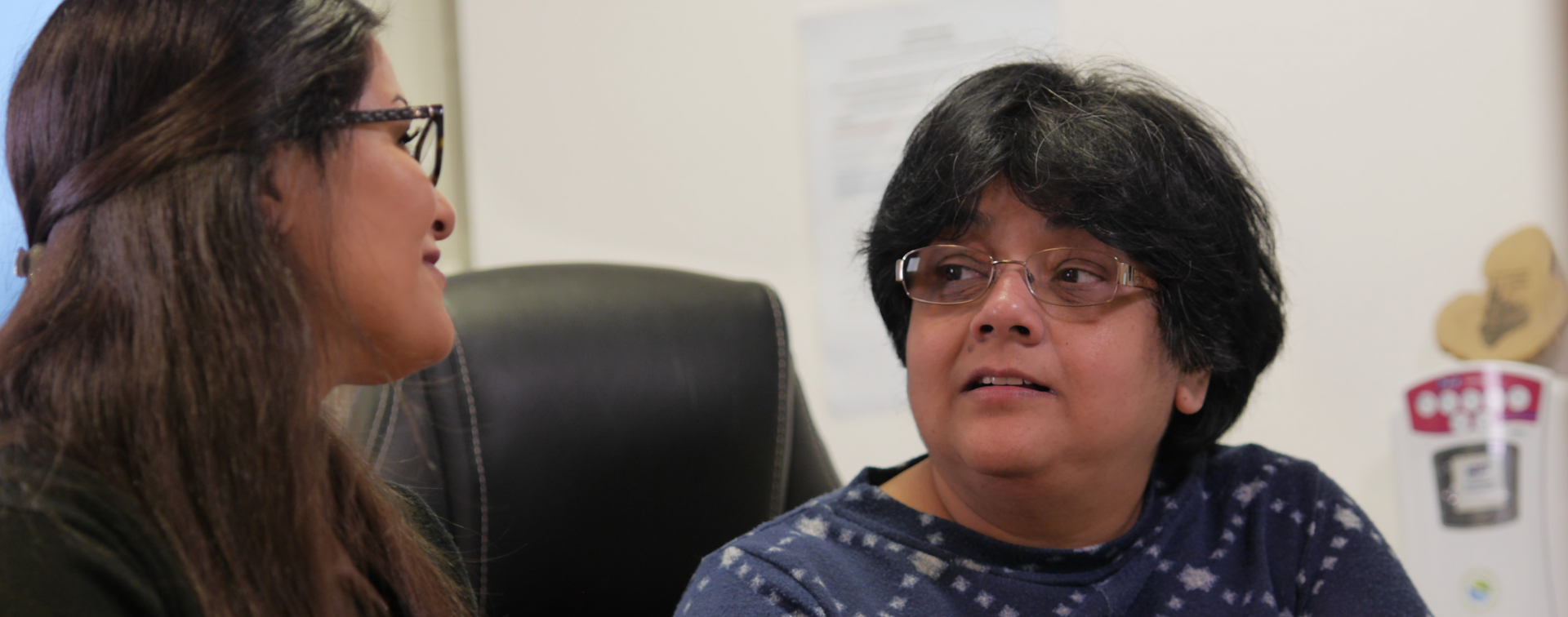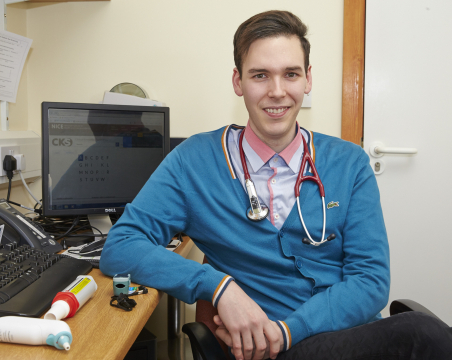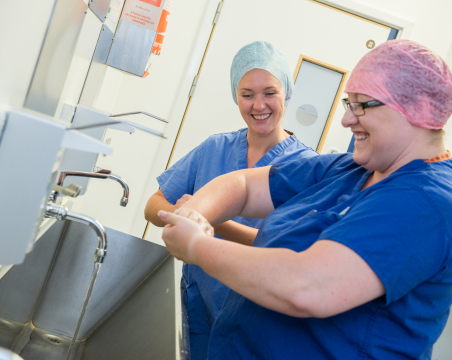
Be part of a growing NHS workforce as a medical associate professional
The NHS has seen the emergence of new professional roles working within multi-professional teams as part of the continuing drive to provide safe, accessible and high-quality care for patients.
Be part of this highly-skilled workforce. Become a medical associate professional.
You'll be part of a growing workforce
Being a medical associate professional means being an essential part of the NHS workforce. Training opportunities are growing across the country so the chance of you kickstarting or progressing your NHS career in the medical associate professions is increasing rapidly.

You'll be highly skilled
You'll receive world-class undergraduate or postgraduate training at some of the top universities across the UK. Your training will mean having the skills you need to support your team and deliver high-quality care for patients.
You'll be rewarded
There’s more than one reason why a career in the NHS is rewarding. Not only will you enjoy a competitive salary, you’ll also get a generous pension and exclusive health service discounts too. And to help you enjoy a healthy work/life balance, you’ll work a flexible 37.5 hour week with 27 days holidays a year plus public holidays.
You'll also know that you are making a difference every day.

Get information on careers in the medical associate professions straight to your inbox
We'll send you advice and tips on starting your NHS career including how to get work experience and applying for training and jobs.
Real-life stories
Hear from our passionate team and find out what being a medical associate professional is really like.
Find your role with us
Explore all the medical associate professions.